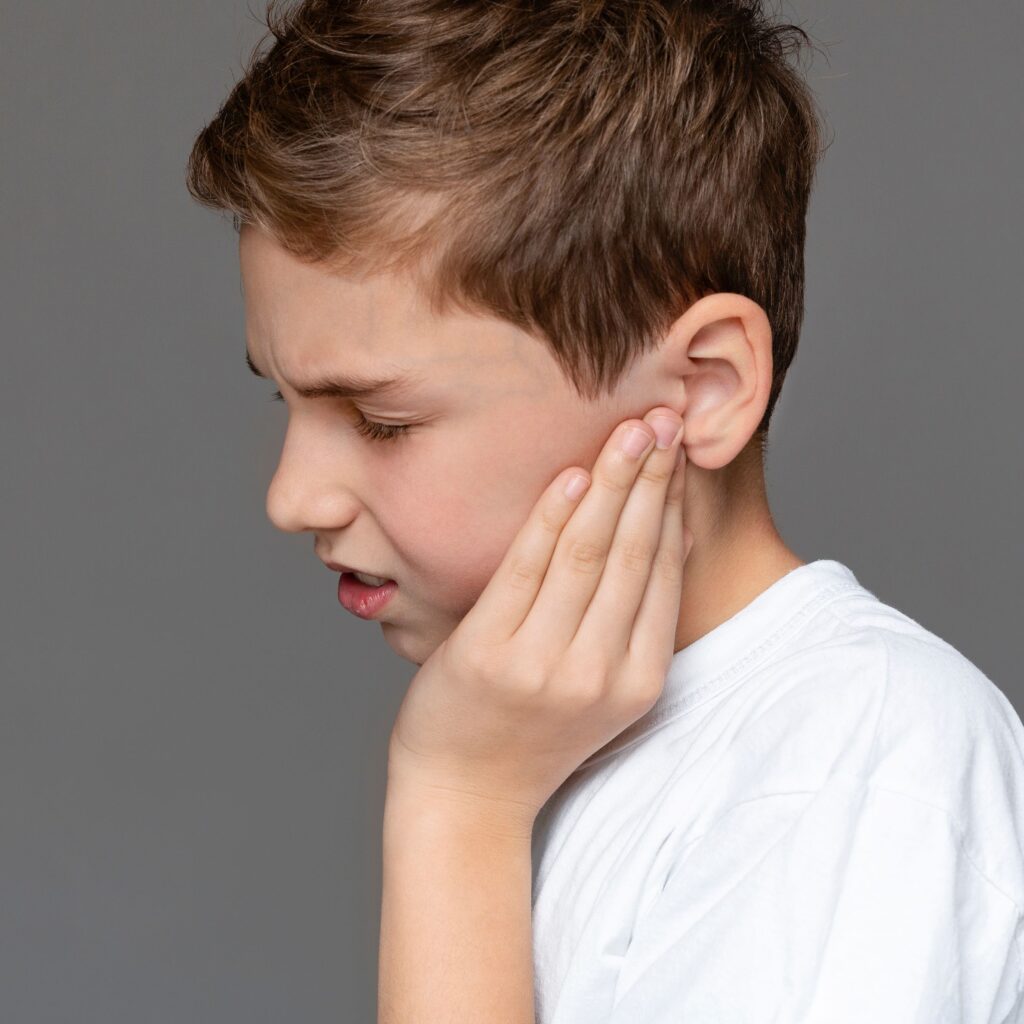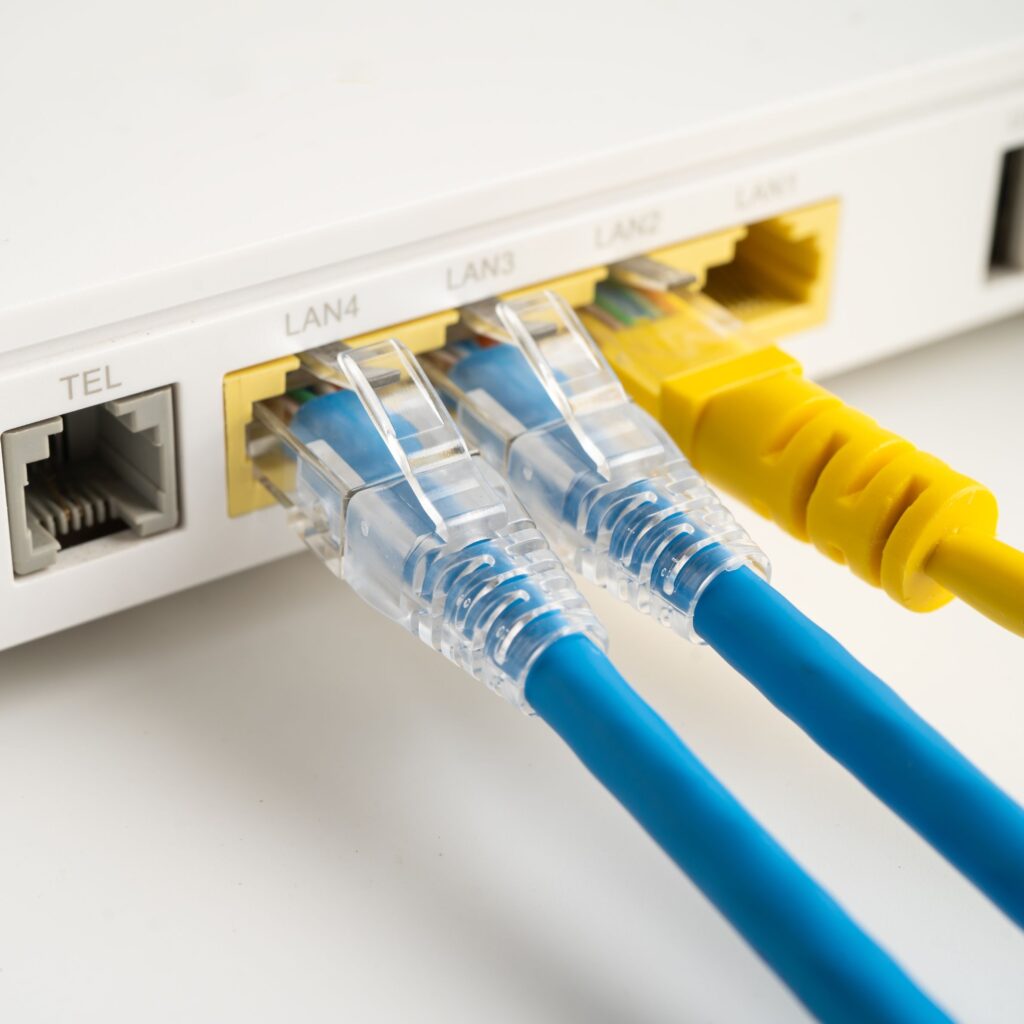

Our world has become highly technological, and as a result, we now live in a sea of invisible energy. Our environment is saturated by frequencies, from the low humming sound of your refrigerator to the vibrations of machines and music systems to the pulsing signals of cellular networks and Wi-Fi signals.
Most people have no issue with these unseen energies, but for some, they are a cause of tangible and sometimes debilitating mental and physical distress.
Suppose you have felt irritable, inexplicably unwell, or “off” in some areas. In that case, you might wonder if you are sensitive to frequencies. Below is a detailed breakdown of how to recognize the signs.
In this context, frequencies primarily refer to;
Acoustic frequencies are sounds you can hear; however, it’s about the impact and quality of the sound, not just its volume. For example, think about the screeching sound of nails on a chalkboard and the soothing sound of ocean waves—both are sounds, but one feels somewhat physically abrasive.
This refers to non-audible radiation from our appliances- cellphones, laptops, smart meters, Wi-Fi routers, power lines, and more. While science hasn’t yet concluded research on the impact of EMFs, most people report having strong reactions to EMF exposure.
Sensitivity to frequencies means that your body picks up these energies and translates them into a stress response, often when others dont feel anything.

Frequency sensitivity will manifest differently for everyone, but there are some common symptoms;

Have you felt ill in particular environments for no reason? For example:
Difficulty sleeping near technology
You take a long time to sleep, frequently wake up, or feel tired even after a long night’s sleep, especially when you have your laptop in the bedroom or phone on the side stand.
Skin burning or tingling
Unexplainable crawling, tickling, prickling, or burning feeling when using a laptop on your legs, or placing a phone to your ear while receiving or making calls.
Ringing in the ears ( Tinnitus)
A persistent buzzing or high ringing seems to get worse when one is close to places with high EMF radiation, such as malls or cell towers.
Respiratory and cardiac symptoms
Some people report heart palpitations ( a feeling of a pounding or fluttering heart) or shortness of breath near EMF sources such as power lines or smart meters.
Symptoms that disappear in nature
When you are in a natural area like the beach or a forest, away from tall buildings, you sense a profound sense of relief, calm, and clarity. The static inside your body and mind quiets down.


Now that you understand what’s happening, you must realize that you aren’t alone; it’s a largely misunderstood physiological condition. You can take action by;
Begin with an environmental medicine or integrative doctor for EMF sensitivity or EHS. Also consult an audiologist for sound sensitivity. The aim here is to rule out conditions like autoimmune disorders, hearing loss, or thyroid issues.
Unfortunately, you can’t control the world, but have complete control over your immediate environment. Start by
Hardwiring your internet cables using Ethernet cables instead of relying on WIFI, keeping devices outside your bedroom and far from your body, and using quality EMF shielding products are all good options.
Prioritize nervous system resilience- A sensitive system mainly arises from stress. Habits that calm your nervous system can efficiently heighten your tolerance threshold. These habits include:
Being sensitive to frequencies can be challenging, but once you fully understand your triggers, modify your environment, and strengthen your body’s resistance, you will be in control and limit adverse reactions.
Share

Disclaimer:
Quantum Upgrade® does not recommend or endorse any specific tests, physicians, procedures, opinions, or other information that may be mentioned on this website. Reliance on any information appearing on this website is solely at your own risk. Statements made on this site have not been evaluated by the Food and Drug Administration (FDA), the EFSA, or any other government derivatives thereof. Quantum Upgrade® products are not intended to diagnose, treat, cure, or prevent any disease or health condition.
On this website, the word “healer” does not refer to a physician or medical professional and it does not relate to the conventional way of helping others with medical treatments, pharmaceutical drugs, etc. Here a “healer” rather refers to how this word was used hundreds and thousands of years ago: someone that seeks to help by means other than conventional medical treatment. This may involve the use of herbs, minerals, crystals, and other natural elements. It can certainly also involve the use of various energetic techniques, working with the quantum field, the source, as well as specific frequencies and vibrations.
© 2026 Quantum Upgrade | All rights reserved